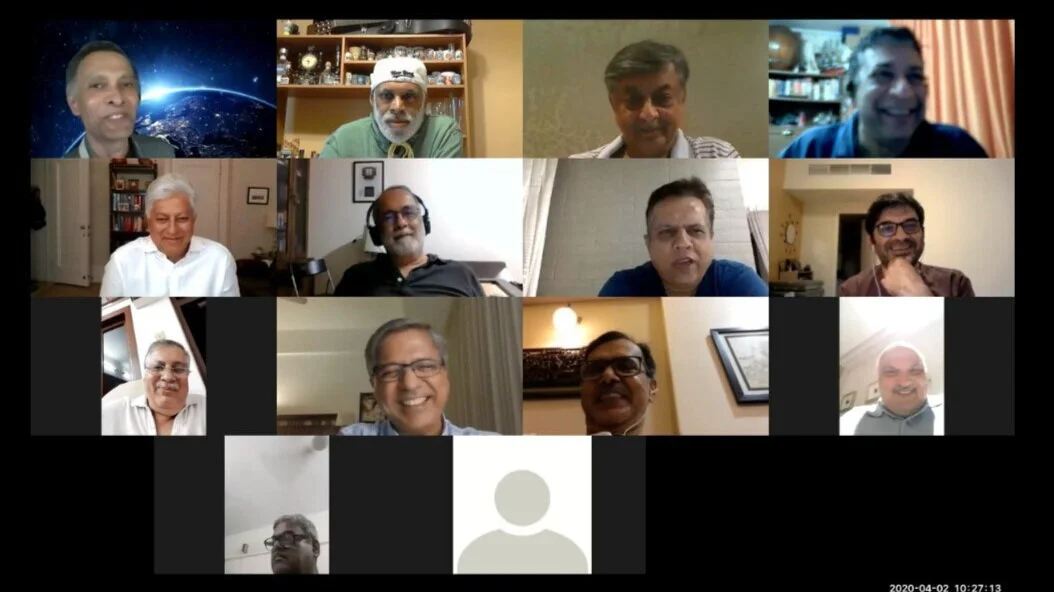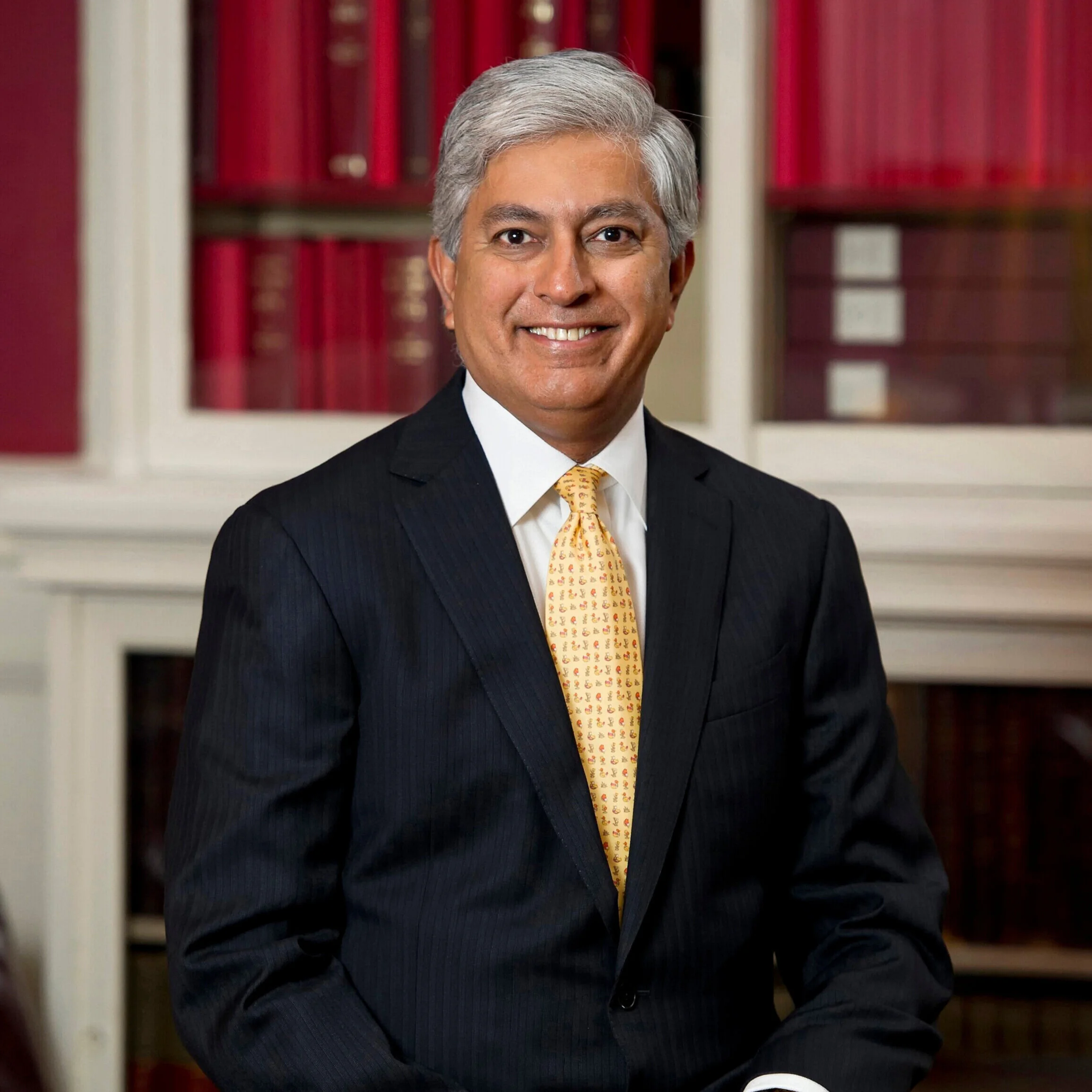Our Mind Needs “CARE”
Based in New York, our classmate Dr. Prakash Masand, Co-Founder, Chairman, and CEO of Centers of Psychiatric Excellence (COPE), shares his thoughts on our mental well-being during this COVID-19 pandemic that has gripped the world.
Here in New York City, the epicenter of the Coronavirus in the United States, between the increasing death toll and being locked up in our homes for several months, we are filled with a number of emotions and fears. The psychological consequences of COVID-19 can be devastating, sometimes even more than the physical manifestations. We have restrictions and guidelines in place to help keep our bodies safe and healthy, but the same isn’t always true for our mental well-being.
The COVID-19 pandemic as well as the political and social and public health response to it has resulted in an unprecedented assault on health globally. History tells us that epidemics/pandemics result in an increase in mental distress, mental disorders (e.g., major depressive disorder), and substance use disorders. What is unique about COVID-19 is the combination of a biomedical threat, economic/employment hardship, and government mandated stay-at-home orders.
Many people are suffering from the psychological impact of COVID-19 each day. A recent survey by the American Psychiatric Association found that one in three Americans said that the pandemic had a serious effect on their mental health and 59% said that it had a serious impact on their day to day lives. The most common psychological consequences were anxiety, depression, trouble sleeping, increased alcohol intake and gambling and domestic turmoil including violence
There has also been a significant increase in calls to the suicide hotline in recent months. Unfortunately, suicide remains impossible to predict and cannot be explained by any singular factor. Notwithstanding, a highly replicated observation is the association between unemployment, especially when abrupt, and suicide. The link between unemployment and suicide is most apparent in middle aged males but is seen in other demographic groups as well. The U.S. Department of Labor has reported that more than 40 million Americans have applied for Unemployment Insurance since the beginning of the pandemic. This observation, along with expected contraction of the labor market, is a call to action for mental health care providers, as well as officials in public health.
Of course, it’s normal for everyone to be a little more anxious these days. From the fear of contamination to the financial stress of the economy, anxiety is on the rise across our nation. But for someone with Obsessive Compulsive Disorder, these stressors can trigger OCD symptoms. Someone with OCD can have significant anxiety surrounding hand washing paired with intrusive thoughts that have an impact on their ability to function. OCD can cause those who suffer to worry about the fear of contamination which can lead to additional washing and cleaning or intrusive thoughts about passing the virus onto loved ones.
Recently, I was interviewed on KTBC Fox 7 ~ Good Day Austin, discussing how to handle stressful times like COVID and the riots and shared a wonderful acronym: CARE
Connections --- Connect with friends & family
Attitude --- Keep a positive attitude
Reach Out ---- Help you neighbor, the elderly or needy
Exercise --- This is the cheapest form of treatment. Good for body & mind.
I did mention on the interview about the weekly Zoom calls with my school classmates. I really enjoy them and wish have time to attend more of them. The reunion in 2019 brought a flood of memories and now this website has given us a purpose to share our memories and experiences with future generations.
The truth is, the impact of COVID-19 might last long after the crisis passes. Uncertain times can lead to increased anxiety and fears making those with mental illnesses even more vulnerable. Remember, the way you feel during COVID-19 matters. The concerns surrounding the pandemic, your physical health, and the economy can have a devastating effect on your mental health.
Now is the time to create positive change in your life. Do not let the psychological effects of COVID-19 weigh you down. Work on your resilience. Make your mental health a priority today and every day because this too will end. Finally do not be afraid to seek professional help.
~ Dr. Prakash Masand
About the author ~ Dr. Prakash Masand
A psychiatrist by training Prakash Masand has spent over 30 years in academic medicine as a clinician, educator and researcher. He currently is a Professor of Psychiatry at Duke-NUS and an entrepreneur, founding three companies in the last 20 years. His passion for travel and food has not dimmed since his days at Xavier’s. As he says "My only rule for eating has been if it does not move I will try it.” He loves to play golf when he can with his handicap being his swing!!!
Write your comment - Click “Post Comment” - Write your Name & Email - Click “Comment As Guest”






